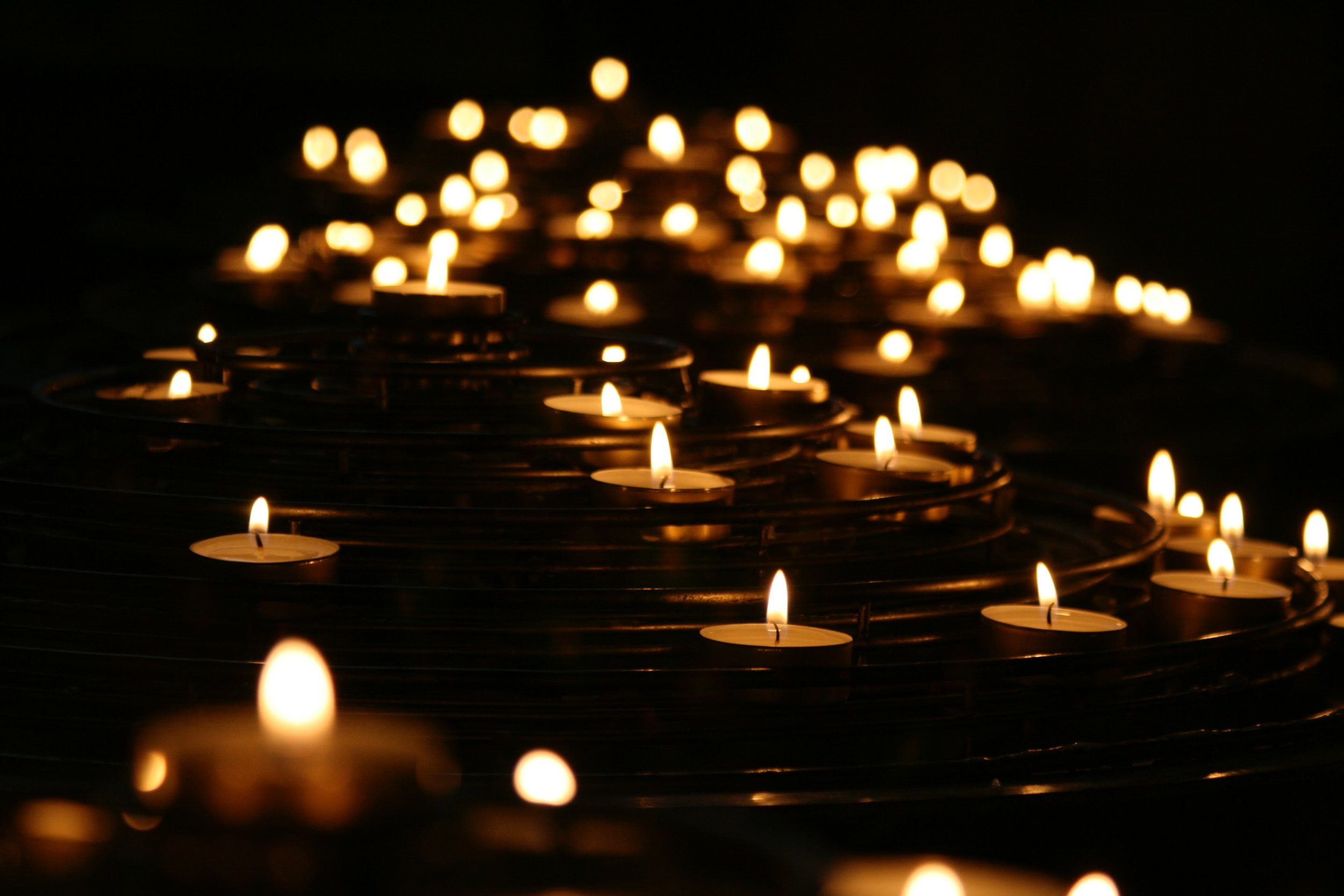Like many others who watched the 2021 Olympics, I keep thinking about Simone Biles, an athlete who has established herself as one of the most talented gymnasts of all time. This year, mental health struggles made competing not only difficult, but dangerous. So Biles made the painful decision to withdraw from some parts of the competition, both for her health and safety and to give her teammates a better chance at earning a medal in the team gymnastics final.
Simone Biles is on my mind because, despite my sadness at not seeing her perform again this Olympics, I’m just as impressed with her courage and strength this year as in the 2016 Olympics. Despite the potential backlash and stigma, she made the right decision for herself and her teammates. And she used the opportunity to shine a spotlight on the reality that mental health struggles are real and their physical effects on the body are real—not imagined, not a sign of weakness to be ignored or simply powered through. What must be especially frustrating for an athlete like Biles is that the effects of mental health struggles can be debilitating no matter how flawless someone’s work ethic is, no matter how prepared she is otherwise. If a gymnast’s mind can’t connect with her body the way she needs it to, performing complicated routines is dangerous.
Though there’s been some of the expected backlash at her decision, there’s also been a very different reaction—a flood of supportive voices thanking Biles for making an unselfish decision for her team and for shedding a light on the seriousness of mental health struggles. Many urged the public to stand with her and show that there are more important things than seeking perfect performances at all costs. Others shared their own stories of mental ups and downs beyond their control. And others promised to support and care for each other.
All of these voices suggest that even if people tend to go along with value systems that “grade” people based on a narrow set of standards, there’s another part of each of us that longs for something different, something better.
At our core, at our truest self, we all want to be able to let go of that effort to achieve self-acceptance and love through our performance. We want to know that it’s okay to struggle sometimes, and that we aren’t seen as any lesser for it. We want to know that others will love us just as much when we’re having bad days as when we’re having good days.
We want who we really are, just as we are, to be enough.
And that makes sense because Scripture reveals that vulnerability and dependence on others was God’s intention for us all along. In 1 Corinthians 12, we’re told that the community of believers is a body meant to share in each other’s joys and struggles together. And a body in which everyone is essential (v. 21).
The picture Paul paints of a healthy community as one where vulnerability and honesty is valued, where people have enough empathy and vulnerability to not only “rejoice with those who rejoice” but to “mourn with those who mourn” (Romans 12:15). Where we trust each other enough to simply serve with the gifts we’ve given (vv. 5–8) instead of thinking that we have to earn our acceptance or be more than who we are.
That doesn’t mean we aren’t trying to learn, grow, and heal. We’re all on a journey seeking to experience in deeper ways the wholeness that’s found in Christ. But our hearts need to know that we aren’t loved any less for where we are in our journeys, that we are as treasured and loved when we’re struggling as when we’re on top of the world. We need to know that the goal we’re striving for isn’t greater heights of achievement, but experiencing greater depths of Christ’s compassion and love (Ephesians 3:18).
At its best, church is a place where we can begin the difficult journey of learning how to remove our facade and trust again. Where we can let go of striving and instead heal and grow together. Where we can learn to know the God whose grace and love is mysteriously revealed most powerfully when we are willing to be the most weak (1 Corinthians 12:9).
—Written by Monica LaRose. Used by permission from the author.







6 Responses
Thank you. Beautifully written.
Thank you for bringing to the light a Beautiful young lady God used to speak truth. Mental health is Real. It can affect anyone of us at anytime. I try not to use the word loosely. This world can pull you into stress and depression easily. It can debilitate you and cause hopelessness and helplessness beyond words. It can not only affect you but others around you. Your world turned upside down not knowing what to do. Thank God for Jesus son of God, I love him with all my heart and forever hallelujah. I pray Simone Biles is well and continues to share in her experiences. We are a much needed world and society in need of truth.
Amen!
So when we gather, whether it is at church, home, work, school or play, when the question "How are you doing" comes we are committed to being transparent, authentic, AND compassionate listeners. This is how we are "Jesus" to our neighbors, because He teaches us that He did not come to condemn the (broken) world but to save it. His love and acceptance are beyond my understanding—-but I choose to trust Him.
Thanks for writing this piece:)
Thanks so much for sharing, Lois – I really resonate with the call to make the question "how are you doing?" one we take profoundly seriously, instead of just being a formality.
This is VERY true also of pstd. My youngest son from being hyper active/ add as a child. Then choosing to serve our country after 911. Then not realizing what happened to him emotionally, physically and mentally! Then trying to be a man!! 😞☹️ Well not only has taken a toll on him but wife and children. Tuff it out many said! Don’t let the war affect you! And so on! I admire her and all who can realize their ……… I don’t know disease??? And seek help!! I’m sure this isn’t written the way I wanted but I hope she knows it my attempt at support!!! Maggie God Bless!!
Thanks so much for sharing, Maggie. I resonate deeply with what you share about the damage caused by toxic expectations to minimize very profound struggles like PTSD. And I believe it does profound good when people like you are willing to stand up and be advocates for others.